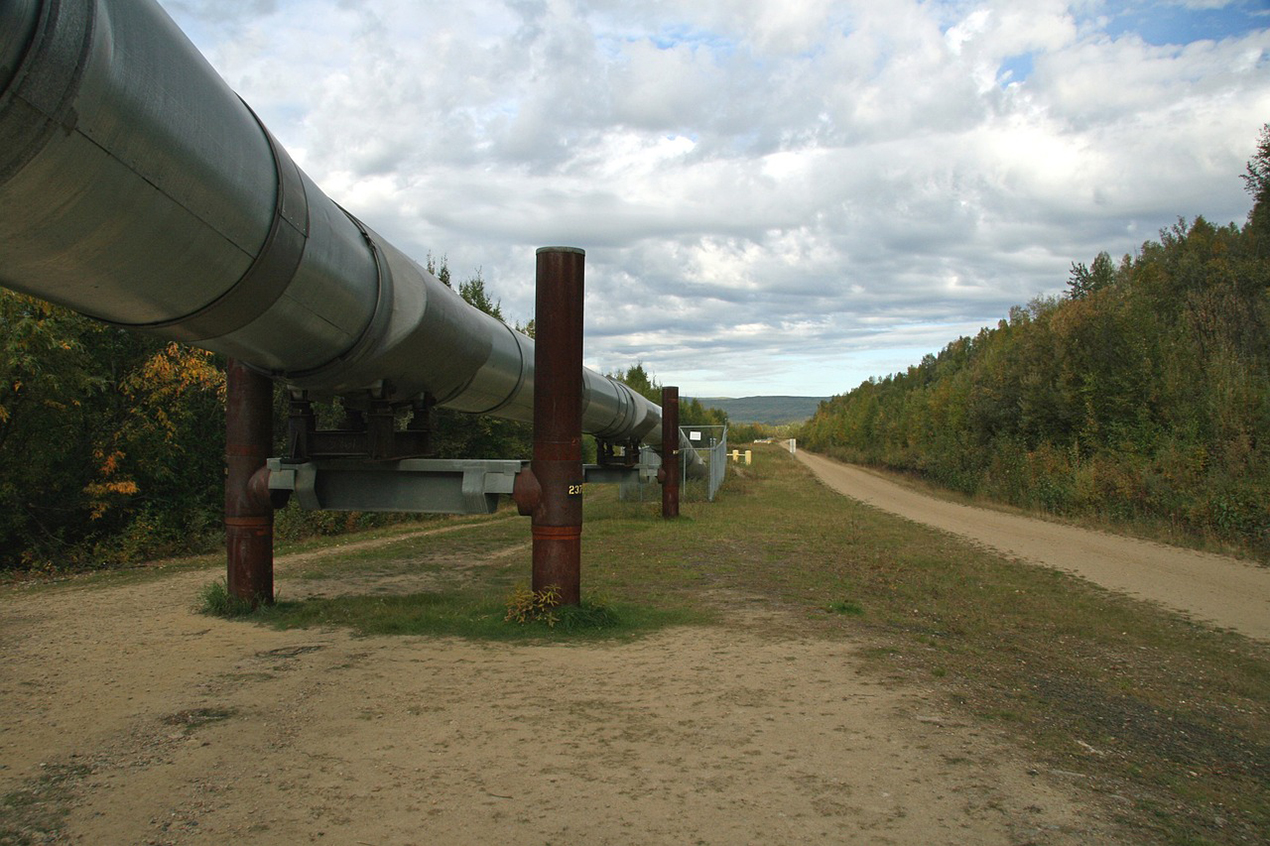News
International Energy Agency Says Natural Gas will be in Surplus
The International Energy Agency (IEA) recently stated in a draft of the "World Energy Outlook" that the global natural gas market will face a surplus, which will weaken the oil and gas price linkage. The draft is expected to be released on November 10.Domestic observers believe that this may lead to a decline in natural gas prices, but will also bring opportunities to China's long-delayed natural gas price reform.
The draft states that the global natural gas market has evolved from a seller's market to a buyer's market, because demand has weakened but supply has increased, and there will be a large excess supply. This situation will continue until at least around 2015 and may have a profound impact on the natural gas pricing mechanism.
The industry generally believes that if the linkage between oil and gas prices weakens in the future, gas prices are likely to fall due to the relationship between supply and demand. This is something that natural gas producers and exporters do not want to see.
But for China, which continues to increase its natural gas imports, this is a good thing, especially since the long-delayed natural gas price reform will get an opportunity.
In fact, an important background reason why China’s natural gas price reform is advancing slowly is that the gap between domestic and foreign gas prices continues to widen. "China's natural gas price adjustment is under great pressure from international gas prices." Liu Yijun, a natural gas expert and professor at the School of Business Administration of China Petroleum University, said in an interview with this newspaper yesterday that due to low domestic gas prices and high foreign gas prices , making China’s external gas price negotiations very difficult, while domestic natural gas reform is also struggling.
Liu Yijun believes that if external gas prices fall, "of course it will be very beneficial to domestic natural gas reform, because the relatively small price difference is more conducive to promoting reform."
"At the same time, for city gas with high price sensitivity, rationalizing gas prices under the condition of small price difference is more likely to be accepted by users." Liu Yijun said.

RELATED NEWS
- European Automakers will Build a Network of Ultra-fast Charging Stations
- Canada and India Reach Nuclear Energy Cooperation and Plan to Triple Bilateral T
- Exclusive Interview with Liu Tao, General Manager of Weihai Zhongke New Energy
- BANDON Brings Multi-scenario Solutions to Participate in ISH China Heating Exhib
- Deputy Director of Foshan Market Supervision Bureau Inspects and Investigates
